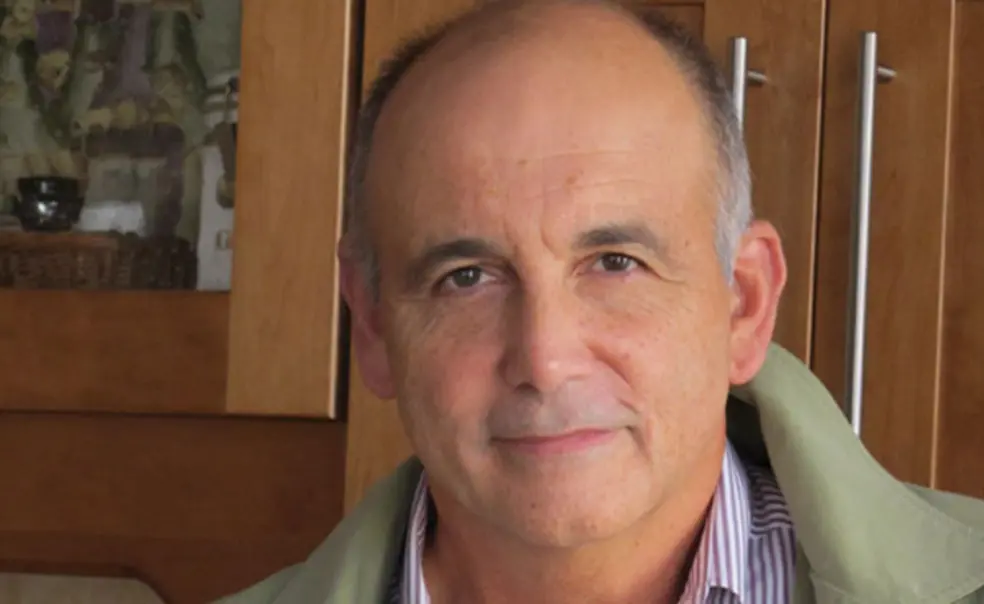Jay Paris ’71 Bridges Gap Between Police and Youth
Youth crime rates are often tied to relationships between police officers and kids. One alumnus’ organization has found a way to bridge the gap. Jay Paris ’71 is the director of Youth Link, a prevention initiative from the North American Family Institute (NAFI) that aims to build relationships between youth and the adults in their lives.
In some ways, Paris’ work relates back to his first job after college, working with a group that wanted to fix antiquated reform schools in Massachusetts — and ultimately closed the institutions to replace them with community-based alternatives. When the project was over, Paris began a 25-year career in photo journalism and eventually began his own travel magazine. Eight years later, after selling his magazine company and writing two books, Paris started working with students who had gotten in trouble with the law at a school in Dorchester, Mass.
More than intervention and mediation, Paris was interested in the issue of prevention. With the NAFI, Paris helped launch Youth Link for police and young people. The initiative aimed to “break down the communication gridlock” slowly building across the country. He said at the time, kids felt targeted while police officers felt that they couldn’t connect or relate to the kids.
“If you were in the field of human services, I think everybody knew that kids and cops — especially urban cops who were predominately white at the time and urban kids who were predominately of color — were just not understanding each other,” Paris said.
After the first training at a Baltimore police academy, Paris and his colleagues began noticing that both officers and kids from the community were able to break down stereotypes they had of each other and “connect at a deeper, more human level,” Paris said.
Paris then turned to White Plains, N.Y., where he helped train most of the city’s police officers and many teenagers. Over the course of the training, juvenile crime decreased by 40 percent. Paris said he noticed a new energy between the teenagers and the police. The project in White Plains created a ripple effect. Youth Link has since trained police and youth in 25 cities across the country and in Bermuda and Belize.
Paris has turned one of the most powerful stories from Youth Link training into a three-minute documentary video. A police officer in Chelsea, Mass., was called to arrest a student who had been acting violently at school. The officer, who’d completed the training, told the student that he wouldn’t be arrested if he would take the training with the officer.
“They became very close,” Paris said. “He’s advised him and helped him get jobs. And many kids have made one-on-one connections through these trainings.”
During the sessions, the kids are asked to share their stories with the officers, who Paris said are often shocked by the stories the kids tell. Then the officers share how they joined the police force.
“Over the course of these sessions, the youth and the police find out they have an amazing amount in common,” Paris said. “There’s usually a real breakthrough, the stereotypes melt away, and they get to something much more real. They realize they’re on the same streets, and they can have a real relationship that isn’t built on hate or mistrust or negativity.”












No responses yet